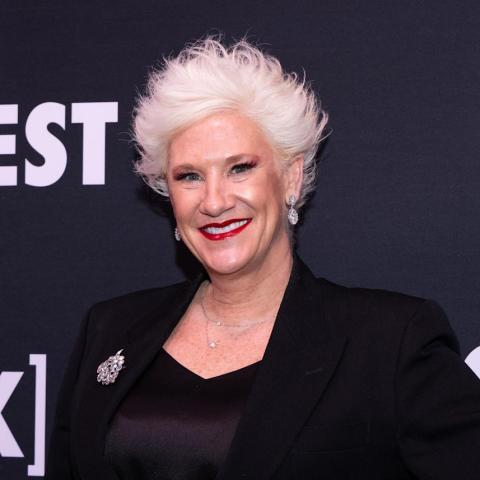Millions of Americans may soon find themselves losing access to Medicaid and Affordable Care Act health insurance plans. This shift comes as lawmakers consider the “One Big Beautiful Bill Act,” championed by President Trump.
During a recent interview, Senate Majority Leader John Thune highlighted the connection between jobs and health insurance. He pointed out, “A lot of times, health care comes with a job.” While this statement reflects a common belief, it oversimplifies a complex issue. Having a job can improve access to health insurance but doesn’t guarantee it.
Paul Fronstin, from the Employee Benefit Research Institute, mentioned that the legislation would require nondisabled adults to prove they are working or volunteering for Medicaid enrollment. This aspect reinforces the focus on employment as a pathway to healthcare but doesn’t acknowledge that many jobs, especially low-paying positions, do not come with health benefits.
About 60% of Americans under 65 receive insurance through their jobs, but many eligible workers—around 28%—choose not to enroll due to high costs. Even those with jobs may find themselves uninsured if their employer doesn’t offer health plans, often seen in small businesses or certain industries like agriculture.
Matthew Rae from KFF added, “Getting a job increases your chances of having health insurance, but it’s not a guarantee.” The ACA has played a vital role in reducing the number of uninsured people, largely through marketplace plans and expanded Medicaid eligibility, not just employer-sponsored insurance.
Who Lacks Employer-Provided Insurance?
People without jobs, retirees, and individuals unable to work due to health issues often fall outside employer-provided coverage. Additionally, 25% of working Americans aged 18 to 64 lack employer-sponsored health insurance, according to KFF data. Part-time, temporary, or seasonal workers frequently miss out on these benefits, adding to the statistic of uninsured individuals.
Cost and access are significant factors. Just because someone has insurance doesn’t mean they can afford the care they need. A 2020 study indicated that lower-income families spent a greater portion of their income on health-related costs compared to wealthier families.
Senator Lankford added that the bill aims to transition individuals from Medicaid to employer-sponsored plans, but many experts argue that not all businesses can afford to offer health insurance. Small businesses often struggle, and this narrative could disregard the reality for many workers seeking health coverage.
The takeaway is that while jobs can improve access to health insurance, it is not as straightforward as it appears. The system includes many complexities that affect who really gets coverage. It’s vital to address these factors to ensure that all Americans have access to affordable healthcare.
For more insights, visit KFF Health News and check out their detailed analysis of health insurance trends.





















